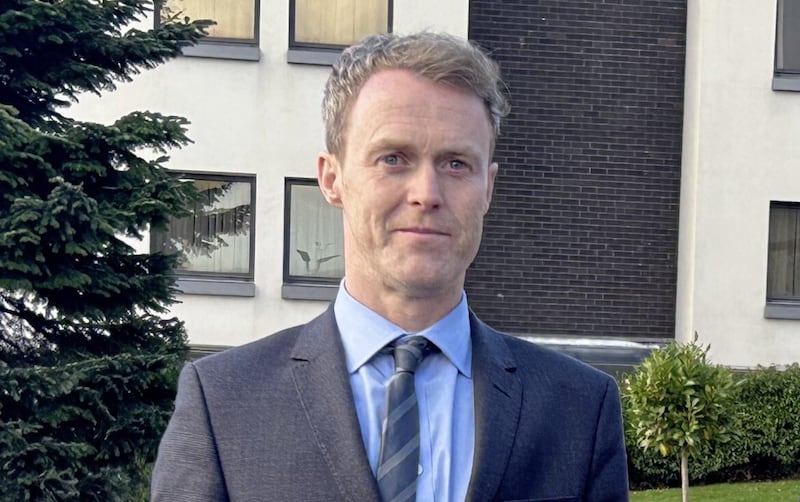As you amble back to the gym, ponder if you’re finally going to kick whatever habit you’ve wanted to kick for years, or wonder how long your 2025 new year’s resolution will last, it’s worth remembering that our Executive ministers face the same dilemmas, albeit on a much larger scale.
And while governments don’t make new year’s resolutions, they do set goals. Just a few months ago, the Stormont Executive published its Programme for Government, outlining the priorities between now and 2027.
Among these was an extremely important priority - a commitment to tackle the growing housing crisis. This is a goal that many, including the Housing Associations, have long called for, and while we are happy to see its formal recognition by the NI Executive, ultimately, we’d have preferred a specific target set. But let’s not make perfect the enemy of good.
As with any new year’s resolution however, setting the goal is the first and easiest step. The real challenge lies in following through.
As we embark on 2025, it’s time for the Executive to demonstrate resolve, not just in words, but in action and, crucially, in funding. The time has come to kick the habit of not funding social housing properly.
The social housing budget for 2024/25 painted a stark picture. Initially, it appeared that funding would allow for only 400 new social homes to be built—a devastating blow in the face of rising demand. Subsequent monitoring rounds helped raise the number to around 1,200, but even this falls significantly short of what is needed.
The Housing Supply Strategy published just a few weeks ago sets an ambitious target: around 2,200 homes annually, with a goal of 33,000 new social homes by 2030.
But to meet this target we need to see sustained investment at a level exponentially higher than present. Ambition is important, but it must translate into concrete action
The forthcoming 2025/26 budget will be a critical test of the Executive’s resolve. Will we see the funding necessary to put the housing strategy on solid footing? It’s worth remembering that its housing associations who raise half the funding needed to build these homes, and local construction companies will play a central role in their delivery. Underfunding now risks derailing progress, leaving us unable to meet targets in the years ahead.
This isn’t just about hitting numbers - although tackling the housing waiting list is absolutely essential - it’s about ensuring the long-term sustainability and quality of our housing sector.
In England, concerns are growing over whether there is a skilled workforce capable of delivering Labour’s ambitious 1.5 million housing programme. Northern Ireland cannot afford to face the same challenges. We need to invest in strengthening the housing sector, ensuring a robust skills base and fostering innovation in sustainable building practices.

Some new year’s resolutions will inevitably fall by the wayside, but the resolution to address housing must not be one of them. The housing crisis demands a permanent step change - a sustained effort that prioritises the well-being and future of our communities.
The goal is clear, and the path forward requires determination. Housing is more than just a resolution; it’s a responsibility. Let’s make 2025 the year we take that responsibility seriously.
- Seamus Leheny is chief executive of the NI Federation of Housing Associations







